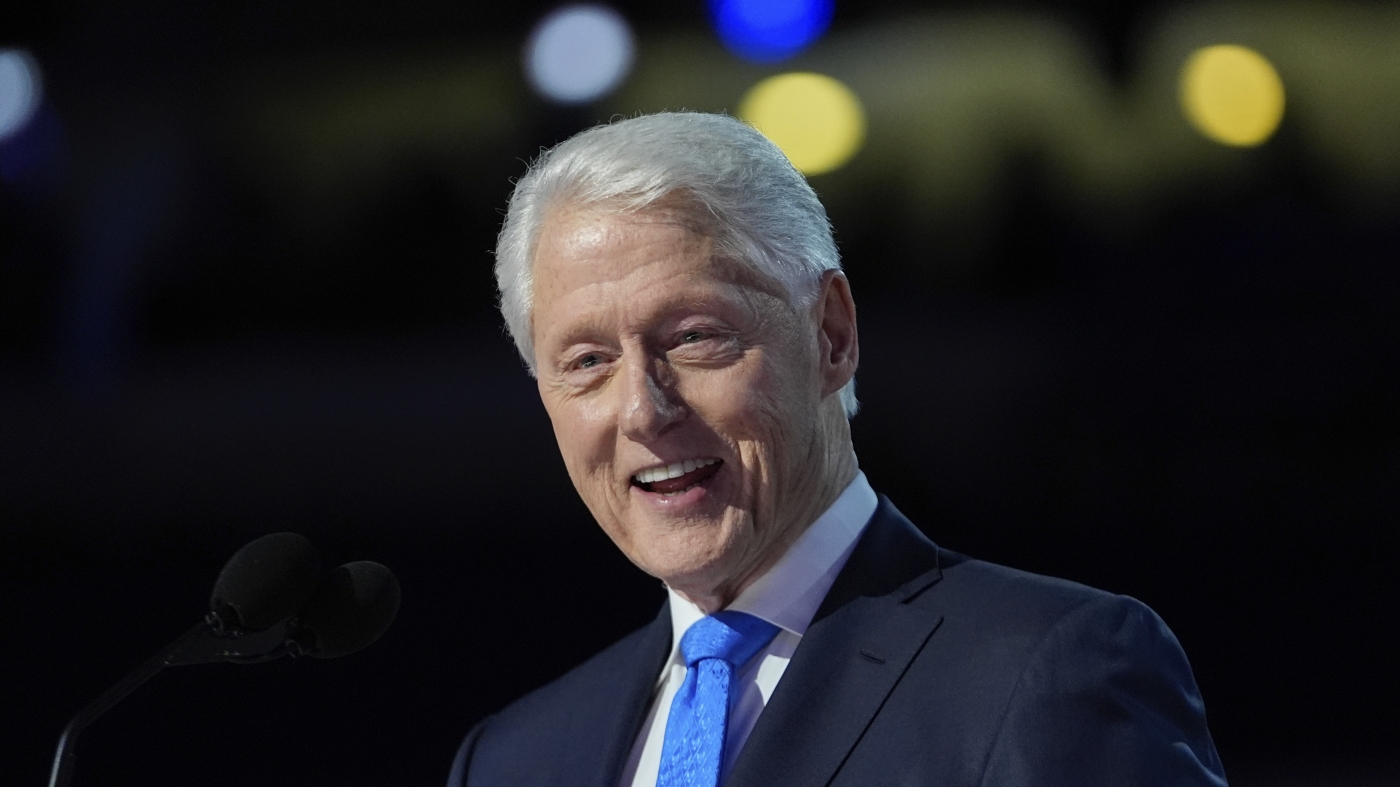A pair of environmental groups is preparing to challenge Montana’s program for exporting wolf pelts, contending the state’s recent moves to liberalize wolf trapping has put endangered lynx in the crosshairs as well.
The Center for Biological Diversity, a national organization based in Washington, D.C., and Hamilton-based Trap Free Montana on Tuesday sent a letter to the U.S. Fish and Wildlife Service, spelling out their intent to sue the agency over its continued approval of Montana’s program for exporting wolf pelts.
The state is one of just two, along with Alaska, that have been approved for the programs. Once listed under the Endangered Species Act throughout the Lower 48 states, gray wolves were removed from the list in Montana and most of the Northern Rockies in 2011.
The Fish and Wildlife Service’s Division of Management Authority oversees Montana’s pelt export program, which was approved in 2014. The approval process included a biological opinion detailing how wolf killing in the state wouldn’t significantly impact other protected species, including lynx.
People are also reading…
But the groups allege that changes to Montana’s wolf policies, particularly those that became law after the 2021 legislative session, are sufficient to require the feds to revisit that document.
“Montana’s new wolf trapping rules explicitly contradict assumptions that the (biological opinion) relied on in approving Montana’s wolf pelt export program,” the Center wrote in its intent-to-sue-letter. “The rules reject conservation measures to ‘reduce the likelihood of incidental trapping of lynx’ considered in the (biological opinion).”
The groups say the approval of Montana’s pelt export program relied on a prohibition on the use of snares, required setbacks from roads and trails and a season length that was limited to avoid accidentally trapping protected species.
Swan valley Connections, a nonprofit in Montana, captured this grey wolf on one of the organization’s trail cameras. The video was shared on Facebook with the accompanying message: “Gray wolf territories are dynamic and shift throughout the year. While pups are young and bound to dens or rendezvous sites, the wolf pack shares the pup-rearing responsibilities, including food provisioning and tending to the pups. Because of this, wolf summer ranges are smaller than their winter ranges. And while we have the densest population of wolves in the state here in northwest Montana, we rarely see them on camera for very long. These canines are incredibly smart and ever since hunting of the species began in Montana, they (understandably) don’t trust unnatural objects like our trail cameras on trees.”
Each of those assumptions was upended by the 2021 Legislature, they argue. The allowable window for the wolf trapping season was extended by more than 30 days, some setbacks were eliminated and snares are now allowed on private land.
“The Fish and Wildlife Service ignored the fact that Montana’s horrifying new trapping regulations have widespread environmental consequences, including harming rare and beautiful lynx,” said Sophia Ressler, an attorney at the Center. “Allowing even more of Montana’s wolves to be trapped and tortured puts lynx and other wildlife in the crosshairs of the state’s war on wolves. That’s simply unacceptable.”
A spokesperson for the Fish and Wildlife Service didn’t immediately respond to requests for comment Tuesday.
The notice of intent to sue starts a 60-day clock, after which the groups can file a petition in federal court to challenge the agency’s continued approval of the export program. Ressler said the lawsuit will ask the court to require that the agency issue an updated biological opinion analyzing the changes to Montana’s wolf seasons.
It would be one of several legal actions challenging the state’s new wolf policies in the past couple years.
A 2022 lawsuit filed by WildEarth Guardians and Project Coyote alleges that Montana Fish, Wildlife and Parks failed to timely review its 2002 wolf management plan, that its use of a model to estimate populations was adopted without public comment and that killing wolves near national parks conflicts with federal law. The case is still pending in Lewis and Clark County District Court after a judge last November denied the groups’ request for an injunction to restrict the state’s hunting and trapping season.
And last month, another Helena judge issued a summary judgment finding the Montana Fish and Wildlife Commission’s rules implementing a 2021 law went beyond the limits of the statute. That law authorized hunting wolves on private land outside of daylight hours with the use of artificial lights and night-vision scopes. Ruling in favor of Trap Free Montana and Wolves of the Rockies, that judge found that a rule allowing the use of infrared technology to kill wolves was not authorized by the new law.

























/cdn.vox-cdn.com/uploads/chorus_asset/file/23951353/STK043_VRG_Illo_N_Barclay_3_Meta.jpg)
/cdn.vox-cdn.com/uploads/chorus_asset/file/24924653/236780_Google_AntiTrust_Trial_Custom_Art_CVirginia__0003_1.png)



